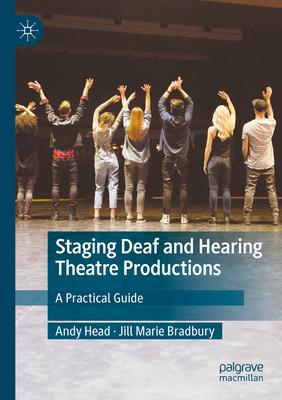This book explores an unacknowledged gap in theatre study and praxis, and establishes an inceptive model for transforming a playscript into a theatrical production involving deaf and hearing artists. The book stipulates that theatrical productions of this nature should strive to go beyond accessibility towards inclusivity by considering deaf perspectives at every stage of the process: When deaf actors are cast in roles assumed to be hearing, how does this change the world of the play? How does the inclusion of a visual language affect staging decisions? How can truly equal access to two different language modalities be achieved for diverse production teams and audiences? Because deaf artists should be involved in the leadership and creative decision making throughout the process, this book is co-written by a deaf and hearing team. The main topics of the book include pre-production preparation, the rehearsal process, and performance. As deaf theatre artists move increasingly into the foreground, it's time for the hearing theatre world to learn how to undertake productions that successfully bridge the deaf and hearing worlds. By including the perspective of directors, actors, designers, and audience members, this guide lays out an ideal process towards achieving that goal.
